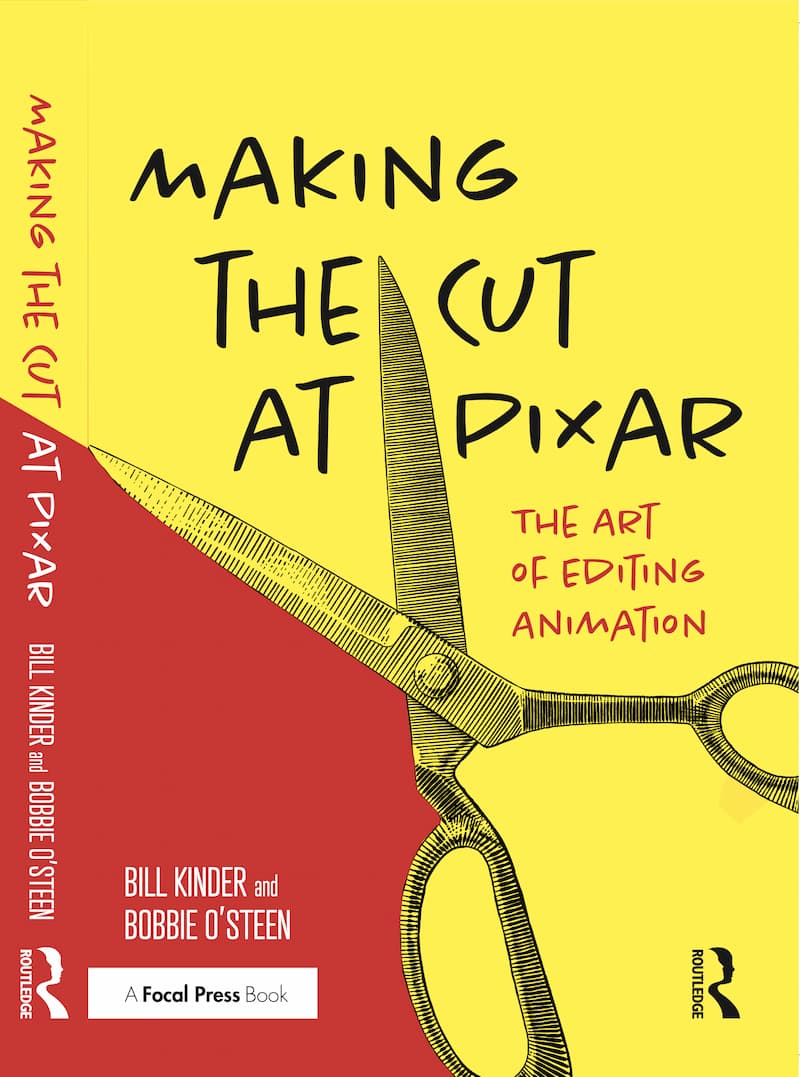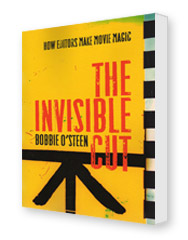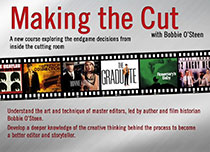Whoopie Goldberg spoke a moviemaking truth on the NBC show The View. She said, “Did it occur to anyone that the movie maybe wasn’t that interesting? … A good script and a GREAT EDITOR — and you know how I feel about editors…may bring Julia Roberts where she needs to be!” Watch the clip:
The movie Whoopie Goldberg is referring to is Duplicity and she is right, a good script and a great editor are essential. The editor of Duplicity, John Gilroy, actually did a terrific job. He chose shots that make Julia Roberts look gorgeous, play up her charm and capture her charismatic pairing with the smoldering Clive Owen. The storyline and chronology of this caper is intricate and complicated, and the editor also manages to keep the audience involved and on track.
A subtler but equally daunting challenge is the development of the romance between Roberts and Owen, both former government spies and masters of deception, who have now decided to conspire to make a killing in the corporate world. Editor Gilroy has to keep audience in a suspended state, without giving away which one of them might be betraying the other. At the beginning, Owen is the one who gets duped by Roberts and after that the editor will sometimes subtly shift to Owen’s point of view, making him a bit of an underdog. There are also very carefully planted moments where the audience is given just a little more information than Owen’s character. At one point, for example, when Owen is following Roberts, the audience is allowed to see a knowing look from her that reveals she is secretly aware of him. But there are also surprising and satisfying moments, when Owen shows his machismo and upper hand.
As Roberts and Owen do their insider/double-agent work between the two corporate rivals the editor uses many flashbacks to slowly let the audience in on more and more information, not only about the plot but about Owen’s and Robert’s relationship. In the more intimate scenes between these two romantic leads, the choice of shots is always right, particularly when the editor decides to cut in close and show a glimmer of each of their character’s vulnerability.
The filmmakers occasionally use multiple screens that show simultaneous action, which actually doesn’t reveal much information. It’s a self-conscious device that, if anything, disrupts the flow just a bit. Maybe it also stands out, because the style shooting and editing is not flashy at all; it’s very streamlined. Along with his editor, writer/director Tony Gilroy also achieves the perfect blend of tension-packed intrigue and comedy romance and keeps all the cards up in the air until they ultimately fall in a surprising way. Maybe a genetic link makes the editor and writer/director especially in sync and creates an even better editor/director “marriage” – which I talk about in my book? After all, John Gilroy and Tony Gilroy are brothers!
And yet, when all is said and done, why is the movie not a hit? Maybe the story is too clever for its own good, or more importantly, maybe the endgame is ultimately somewhat hollow. That is, do we really care which pharmaceutical giant gets the patent to a special lotion? Julia Roberts has certainly covered caper movie territory before in the Oceans 11 movies. And the fact that the leads are by nature duplicitous makes the romance intriguing, but a bit chilly as well. The audience might want more genuine humanity and warmth from their screen sweetheart, Julia Roberts, and a more satisfying stake in her story – besides corporate shenanigans.
Whoopie is right, a great editor is crucial for a successful movie, but he or she can only be as good as the material. Contrary to popular belief, miracles are not made in the cutting room.




